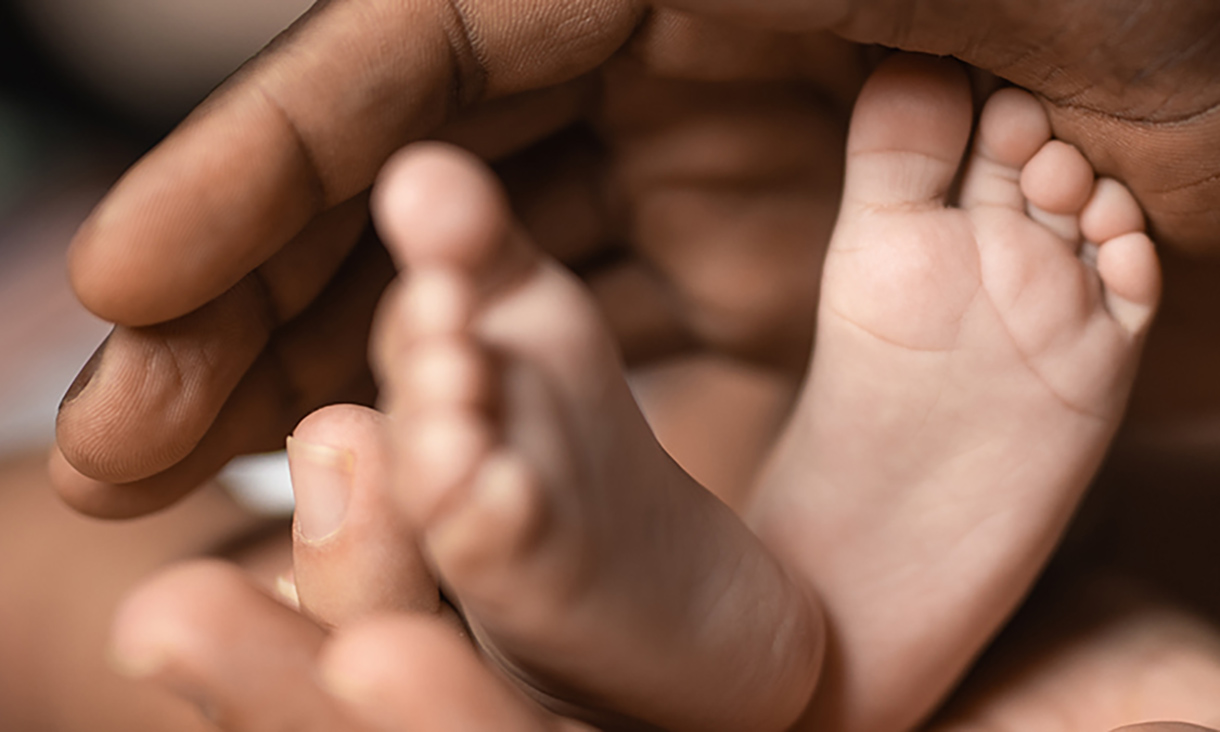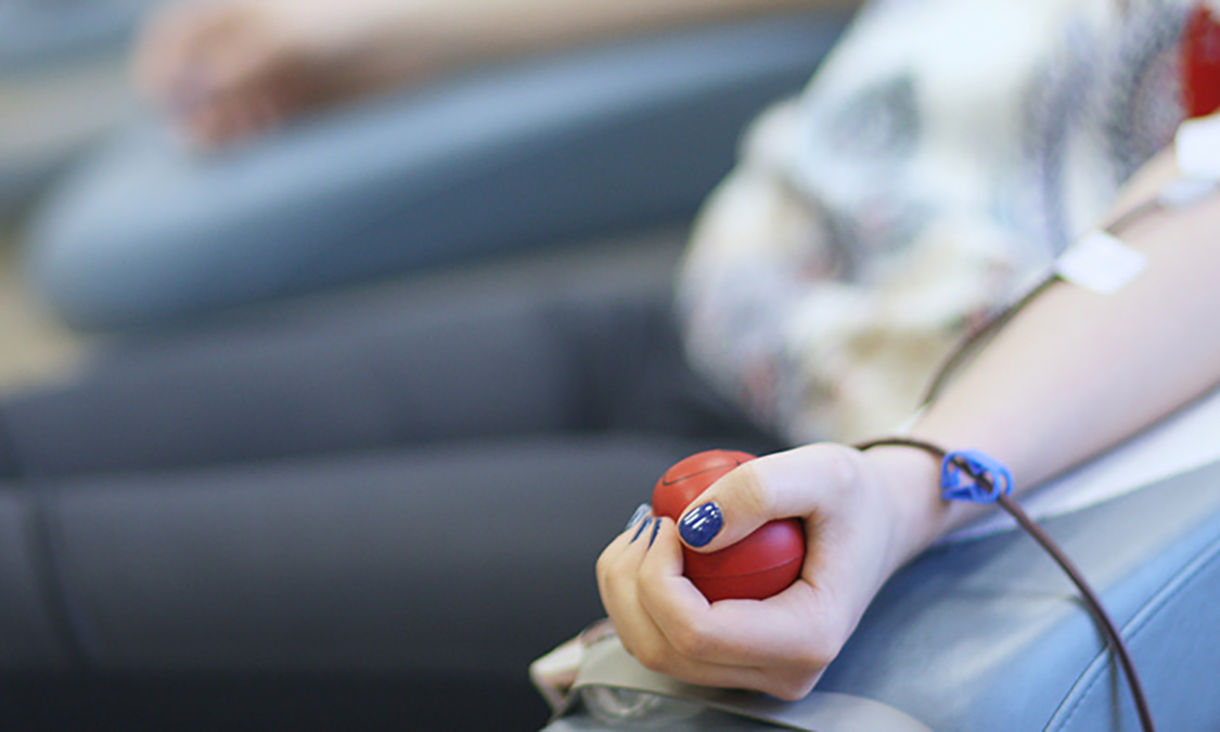This world title can be attributed to Australia’s love of the pokies (Automatic Gambling Machines, AGM’s). Australia is home to approx. 20% of the worlds AGM’s, around 200,000 pokie machines. This is a staggering statistic for a country with a relatively small population by world standards. These figures suggest that a positive outcome of the pandemic might have been an important circuit breaker on our gambling habits, but unfortunately, this has not been the case.
Prior to 2020, the sector was seeing significant growth in online sports betting and this has accelerated during 2020. A small number of gamblers transitioned into this market for the first time and existing gamblers increased their online gambling activities. With land-based venues reopened in the second half of 2020, a new normal is being established in 2021 and it is important to ask what this new gambling normal looks like. But more importantly, we need to ask; how can we support gamblers from harm in the post-COVID-19 recovery period?
We know that gambling can cause financial hardship, mostly through debt accumulation from gambling losses. However, what 2020 showed us was that financial disruption and economic insecurity can also trigger gambling behaviours. Despite land-based venue closures gambling expenditures in 2020 grew. This growth came through an increase in online gambling.
Prior to the COVID-19 pandemic, the industry was seeing rapid growth in online gambling, especially in the young male market segment who are mostly engaged in sports betting. One survey by the Australian Gambling Research Centre reported that the monthly increase in gambling spend was highest amongst men aged 18-34. The report also tells us that despite the initial collapse of sports events like the cancelation of the Grand Prix and the suspension of leagues such as the AFL, it did not take long for the sports industry to adapt, and so the online sports betting market was in operation throughout 2020.
What we saw was people betting more on these events during the pandemic than they had previously, and a small increase in people transitioning to this form of gambling. The reasons for this are complex and include among others:
- More spare time during the COVID-19 restrictions and lockdown.
- The transfer of expenditure from the reduced leisure activities marketplace because of COVID-19 restrictions and lockdown.
- Windfall payments in the form of government subsidies, support payments, early super withdrawal etc. during 2020 evidence shows there is a high propensity for gamblers to gamble from windfall payments.
- Gambling triggered by stress and anxiety caused by economic and financial uncertainty and the general mental health impacts of living in a COVID-19 world.
- Gambling is co-morbid with alcohol and tobacco consumption both of which also rose during 2020.
It is known that gambling is related to happiness as it can stimulate dopamine production. Dopamine is an important neurochemical which plays a role in how we feel pleasure. It is not surprising then that in unprecedented times many found pleasure in the act of placing a bet. But the addictive nature of gambling implies that this pleasure may result in considerable pain in the longer term.
Australia is home to approx. 20% of the worlds AGM’s, around 200,000 pokie machines. This is a staggering statistic for a country with a relatively small population by world standards.
Online gambling is known to be associated with high levels of addiction and habits are quickly established. The end of year 2020 company reports from the major online bookmarkers suggest player losses increased in the region of about 50% relative to 2019. This is of concern as it suggests that the number of gamblers at risk of gambling-related harms is much larger in 2021 than it was prior to 2020.
To this, we add the reopening of Pokie venues in June 2020 for most of Australia and November 2020 in Victoria. The reopening of venues was associated with a surge in expenditure- a new form of binge gambling was observed. It appeared that Australia’s love of Pokies may have been suppressed by the venue closures but was quickly reawakened with the reopening of venues.
“Although some people have appreciated being able to take the break, a lot of people are looking forward to getting back,” said Victorian Responsible Gambling Foundation principal clinical advisor Tony Clarkson.
So where does this leave Australia in 2021? It appears that COVID-19 was a seeding ground for accelerated growth in gambling as opposed to a circuit breaker in our gambling habits. The online marketplace grew and the desire for venue-based gambling was enhanced. These are trends that were in place prior to 2020, but the unique environment in 2020 has accelerated these trends.
Further, this acceleration was created in a unique environment of limited expenditure opportunities and so as normal life returns an individual’s ability to maintain higher levels of gambling expenditure may not be sustainable. This implies the transition from safe to harmful gambling may also be accelerated. This has important implications for the need and resourcing of gambler future gambler support and responsible gambling promotion.
Professor Lisa Farrell - School of Economics, Finance and Marketing, College of Business and Law







